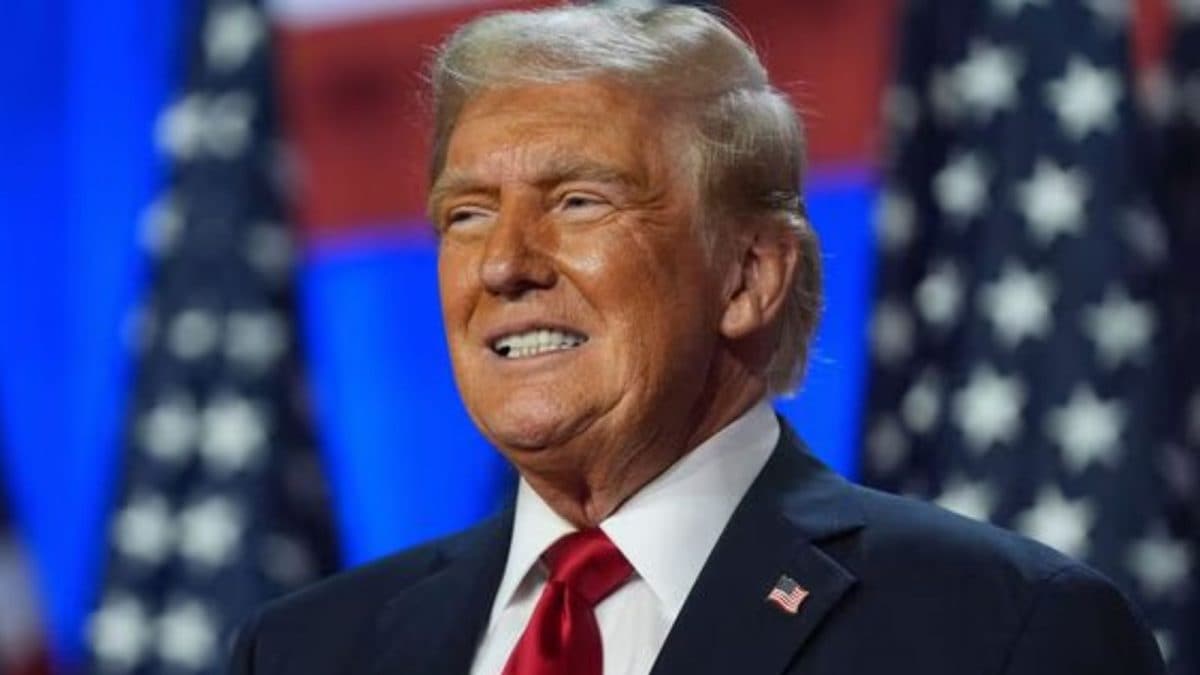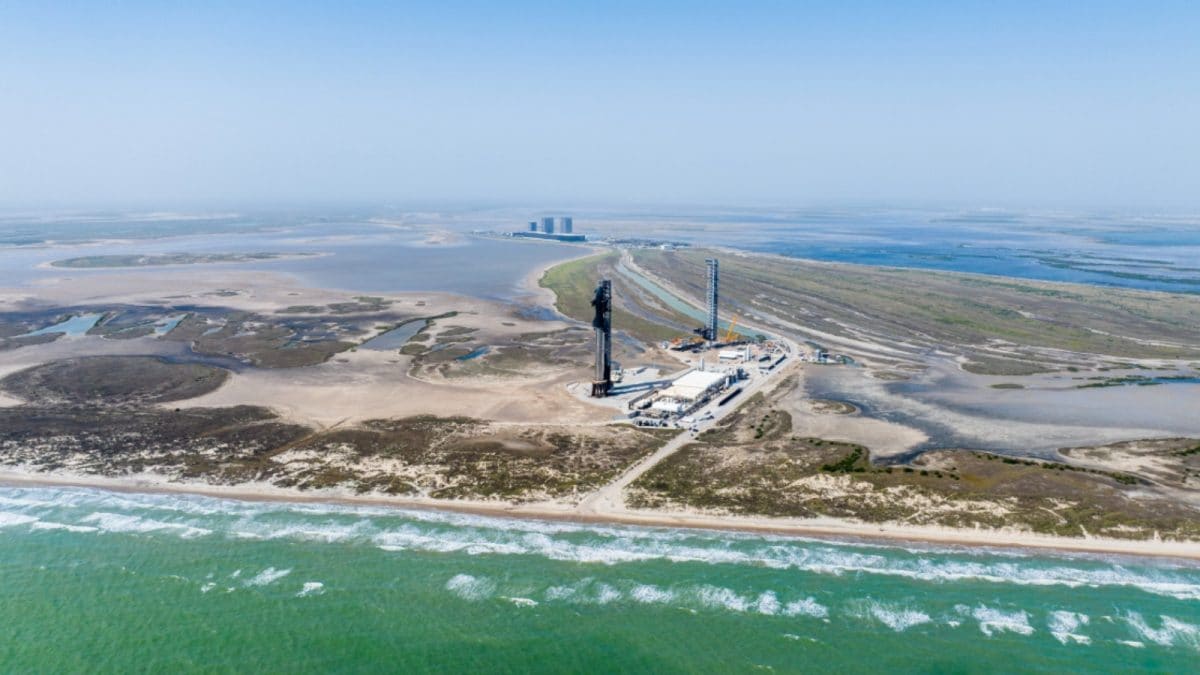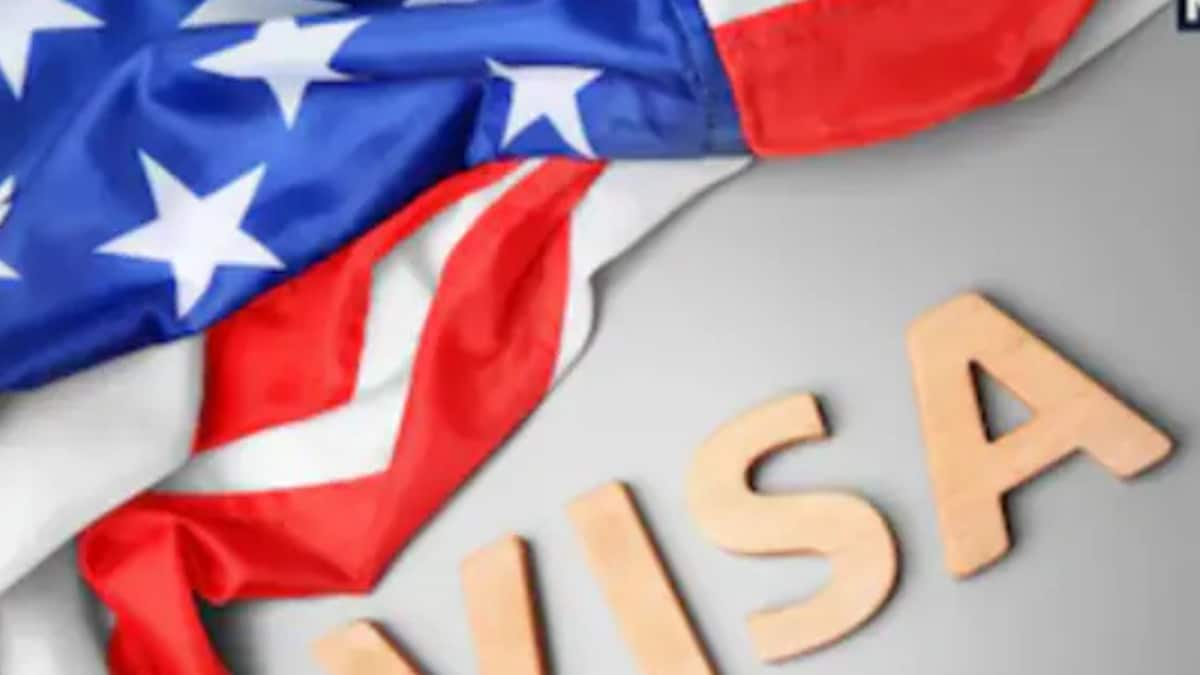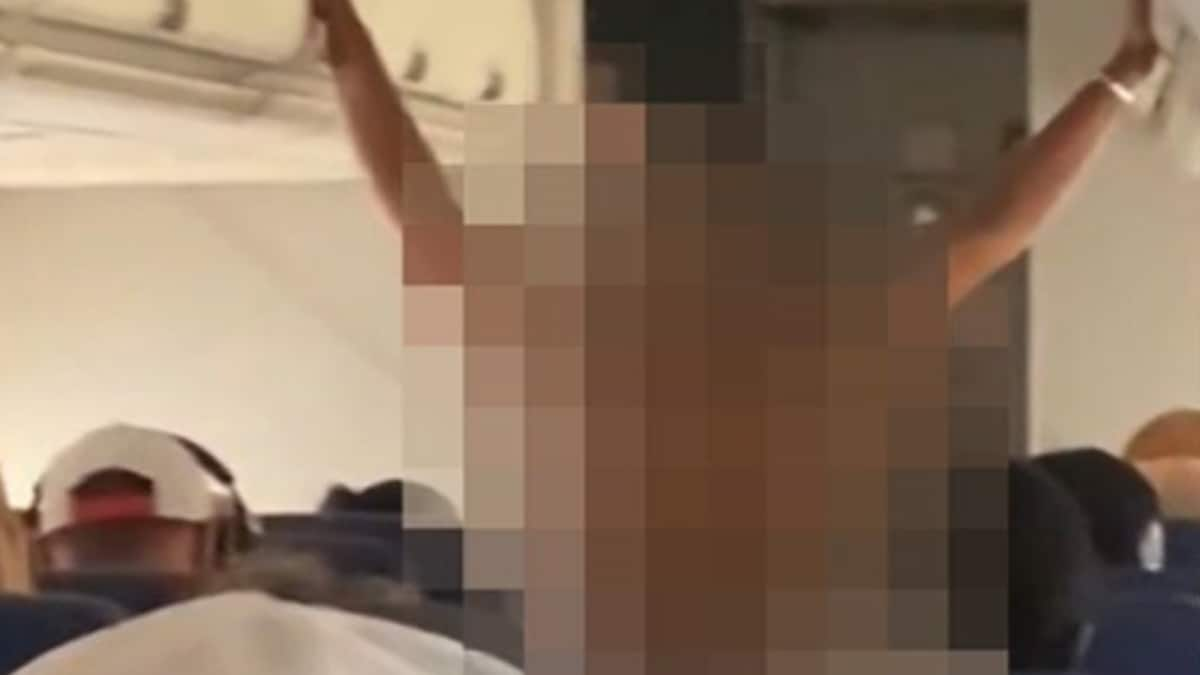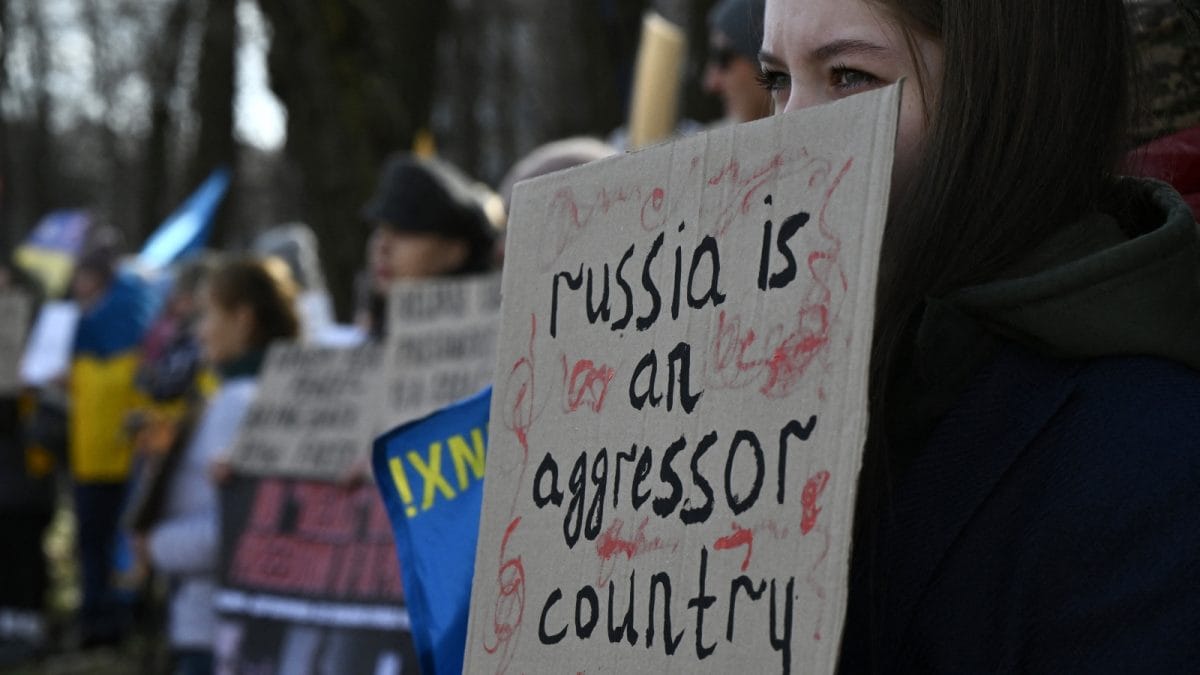Amid the debate over the H-1B visa programme as Donald Trump is set to take over as the American President, companies in the US are increasingly turning to remote hiring to avoid the complex and costly process of securing H-1B visas for foreign workers.

Indians make up the largest share of H-1B visa holders in the US. (Image: File)
Companies in the US are increasingly taking to remote hiring amid the complexities of the H-1B visa debate and the high cost of securing a visa for foreign workers. Several US employers are opting for remote workers to avoid the administrative burdens and uncertainties of the H-1B programme, especially with the new Trump administration taking office, according to a Newsweek report.
Trump is set to be sworn in as the 47th President of the United States on January 20.
Labour advocates even believe that these visas lead to hiring foreign nationals for a lower pay. Even then, it is the last of the choices for some employers.
"I only go into H-1B when I have no choice, because it's costly, uncertain in terms of the lottery, and the most highly regulated option available to present to an employer," said Kathleen Campbell Walker, partner and immigration practice group chair at law firm Dickinson Wright, in an interview with Newsweek.
The H-1B programme allows US-based companies to bring skilled workers from abroad into specific industries, but it comes with significant fees and a complex application process.
The H-1B visa programme has an annual cap of 85,000 visas, although exceptions push the number of approvals far higher. In 2018-2019, the programme saw approximately 585,000 recipients, although this number dipped during the pandemic. It rose again to 410,000 in 2022 and over 750,000 in 2023, according to the American Immigration Council.
Despite this, the programme still does not meet the high demand for foreign talent, and the approval process relies on a lottery system.
Indians make up the largest share of H-1B visa holders. In 2022, Indian nationals secured 77% of the 320,000 approved H-1B visas, and in fiscal year 2023, this figure remained high at 72.3% of the 386,000 visas issued.
THE COST OF MUCH-DISCUSSED H-1B VISAS
When filing an H-1B petition with the US Citizenship and Immigration Services (USCIS), employers are responsible for various fees.
The base filing fee is $460, which is required for all H-1B petitions. Additionally, there is a mandatory anti-fraud fee of $500, which applies to initial petitions and change-of-employer requests.
Employers with more than 50 employees, where more than half of the workforce holds H-1B or L-1 visas, must also pay an additional fee of $4,000, as outlined in the Consolidated Appropriations Act of 2016.
For those seeking faster processing, there is an optional premium processing fee of $2,805, which expedites the application process.
The H-1B registration fee, which costs $10, is typically paid by the employer during the electronic registration process, though in some cases, the employer may pass this cost on to the employee.
If the employer is not subject to the additional $4,000 fee, the total cost for the petition would be $970, including the registration, base filing, and anti-fraud fees.
For employers who must pay the additional $4,000 fee, the total rises to $4,970. If the employer opts for premium processing, the cost increases to $3,775 or $7,775, depending on the employer’s status. In most cases, it is the employer's responsibility to cover these H-1B visa-related expenses.
FEWER NODS FOR H-1B VISAS NOW
The trend of remote hiring may also be driven by the decline in H-1B approvals in recent years.
According to the Foundation for American Policy (NFAP), the top seven Indian IT firms received only 7,299 H-1B visa approvals for new hires in fiscal year 2024, a significant drop from the 14,792 approvals in fiscal year 2015.
At the individual company level, Amazon led with 3,871 H-1B approvals in fiscal year 2024, down from 4,052 in FY23 and 6,396 in FY22.
Other major companies, including Cognizant (2,837 approvals), Infosys (2,504 approvals), and Tata Consultancy Services (TCS) (1,452 approvals), also reported declines.
Labour advocates and the Economic Policy Institute (EPI) argue that the H-1B programme is often misused to exploit workers, lower wages, and replace existing staff, potentially causing layoffs for US employees. Meanwhile, businesses are pushing for reforms and exploring alternative solutions, according to Newsweek.
The Department of Homeland Security (DHS) is set to implement its H-1B modernisation final rule on January 17, aiming to streamline the hiring process for skilled foreign workers while increasing oversight of the programme.
INDIANS CAN RENEW H-1B VISA WITHOUT LEAVING US
A survey by Envoy Global found that 83% of employers hired one or more employees for roles initially intended to be based in the US from outside the country.
Indian H-1B holders are also considering alternative options, with many being advised to remain in the US in case a rule change under the new administration makes their re-entry more difficult.
However, the US is set to establish a renewal programme that will allow H-1B visa holders to renew their documents without leaving the country, the American embassy in New Delhi has said.
"This allowed many speciality occupation workers from India to renew their visas without leaving the United States.
This pilot programme streamlined the renewal process for thousands of applicants, and the Department of State is working to formally establish a US-based renewal programme in 2025," the embassy said in a year-end statement.
Published By:
Girish Kumar Anshul
Published On:
Jan 14, 2025
Tune In

 1 month ago
1 month ago
